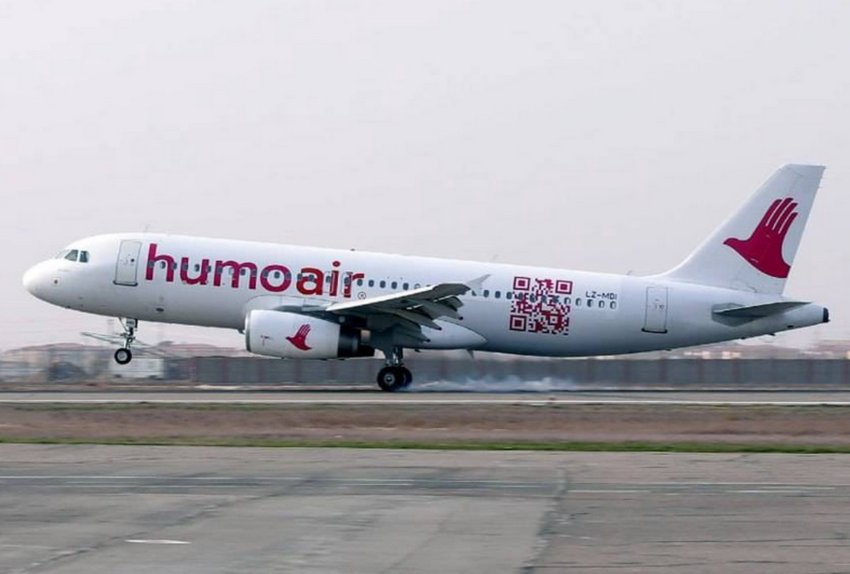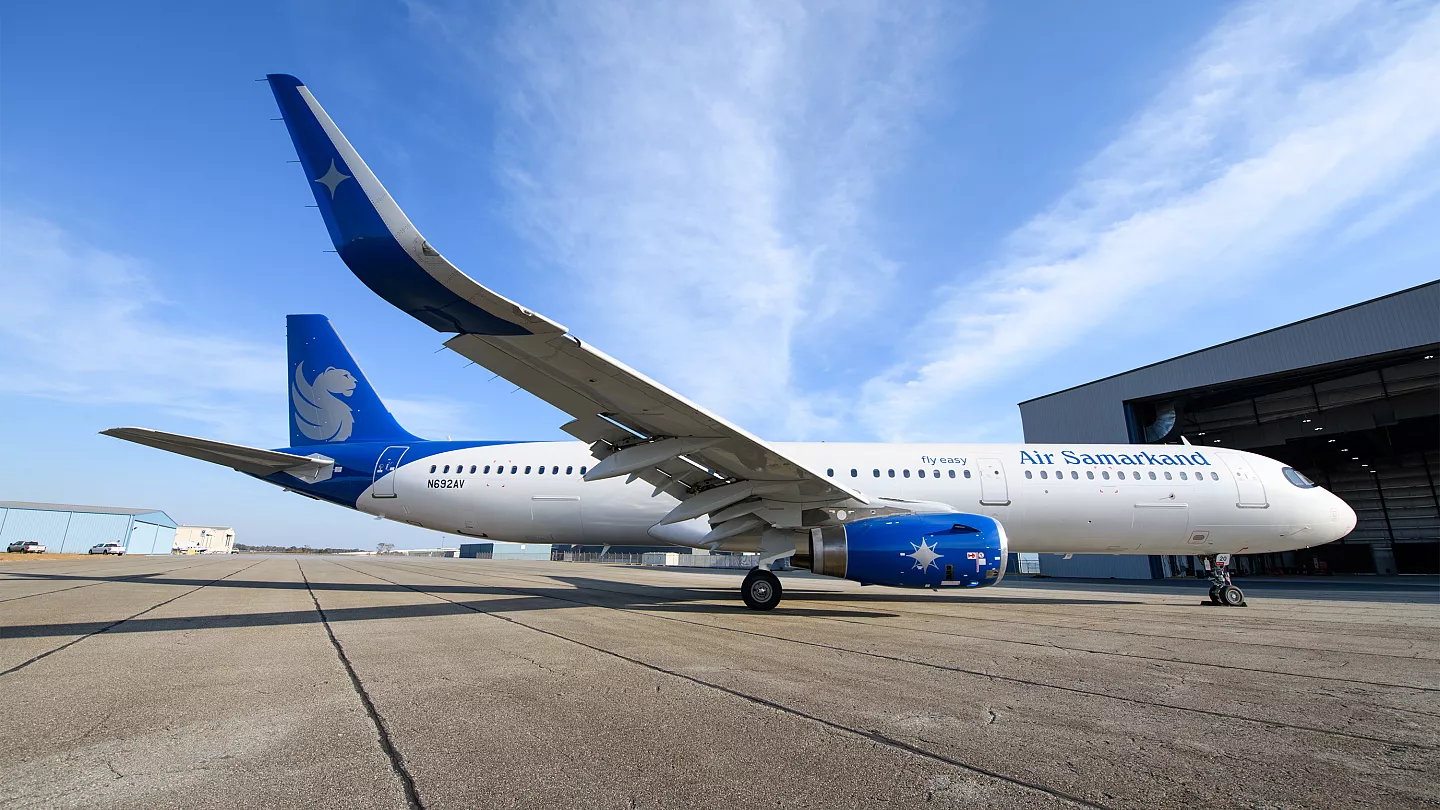Two Uzbekistan Airlines to be the last companies created in 2023
2023 came to an end with two new airlines, coincidentally both based in Uzbekistan: Air Samarkand and Humo Air, signaling efforts to diversify the Uzbek aviation market, traditionally dominated by state-owned Uzbekistan Airways.
Uzbekistan’s president, Shavkat Mirziyoyev, expressed dissatisfaction with the slow rejuvenation of the country’s commercial aviation industry. Despite reintroducing an open skies policy in 2019, foreign investors have shown little interest in capitalizing on new airline ventures. The government aims to attract international tourists and break the monopoly of Uzbekistan Airways and its regional subsidiary, Uzbekistan Express Airways.
To reinforce the open skies initiative, the Uzbek government has implemented additional measures, including expanding the list of countries whose citizens can travel to Uzbekistan without a visa. The country’s airports have been instructed to reduce ground handling costs for aircraft by 30-50% and optimize passenger and cargo handling fees.
In the last three years, four airlines have been launched as part of these reforms, expanding rapidly in domestic and regional markets:
- Panorama Airways, began operations in December 2022 with two Airbus A320ceo aircraft connecting domestic cities and Saudi Arabia.
- Qanot Sharq, began operations in October 2021, flying two Airbus A320ceo, two A321neo and one A330-200 to several domestic cities, Saudi Arabia, Spain, Israel, Thailand, Turkey and Vietnam.
- Centrum Air, started operations in February 2023 with three Airbus A320ceo, and connects Targech and Tashkent with Saudi Arabia, Egypt, UAE, India, Georgia, Russia and Turkey.
- Silk Avia, started operations in October 2023 with three ATR 72-500s, connecting 11 domestic cities.
See Also: Uzbek airline Qanot Sharq to fly between Tashkent and Madrid
The recent additions, HumoAir and Air Samarkand, mark the culmination of projects planned for the year.

HumoAir and Swiss roots
HumoAir, named after a mysterious bird from the region’s ethnic mythologies, was initially created by the government prior to the COVID-19 pandemic. However, it failed to take off and was subsequently acquired by Swiss private equity firm Valley Road Capital SA in early 2023 for $2.4 million. The goal was to revitalize the airline as a low-cost carrier.
The airline made its first domestic flights from the capital, Tashkent, to five Uzbek cities using two Airbus A320s under an ACMI agreement with Fly2Sky. The company plans to expand its services to Kazakhstan, Turkey and the United Arab Emirates.
During its launch event in October 2023, HumoAir outlined its initial plan to have four Airbus A320 and A321 aircraft, expanding to 18 aircraft by the end of 2025. The airline aims to carry 200,000 passengers in the next four months.

Air Samarkand: a leisure airline
In the last week of December, Air Samarkand received the Air Operator Certificate (AOC) from the Civil Aviation Authority (CAA) of the Ministry of Transport of Uzbekistan.
Anton Jojayan, general director of Air Samarkand, expressed his thanks to the Ministry of Transport and the Uzbek Aviation Agency, stating that the airline is now one step closer to starting services from the historic city of Samarkand.
Air Samarkand plans to begin charter operations from Uzbekistan’s second largest city before launching scheduled services in the spring to popular destinations in Turkey, Southeast Asia, China and more. The airline is aiming for further expansion, connecting Samarkand to popular European cities within the first 12 months of operations.
Last month, Air Samarkand took delivery of its first Airbus A330-300 and two A321s.

/https://aviacionlinecdn.eleco.com.ar/media/2024/01/UZbekistan.jpg)
Para comentar, debés estar registradoPor favor, iniciá sesión